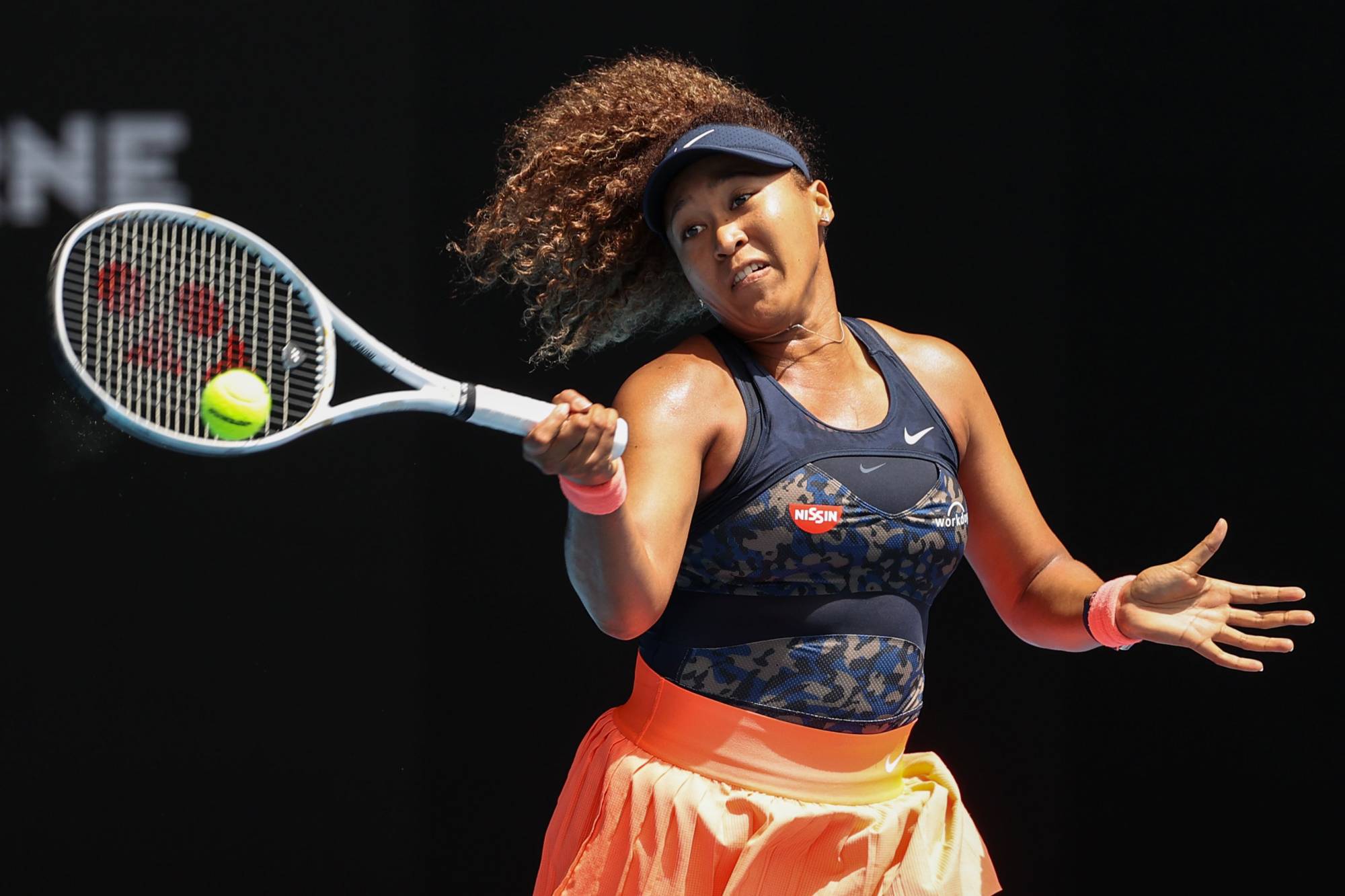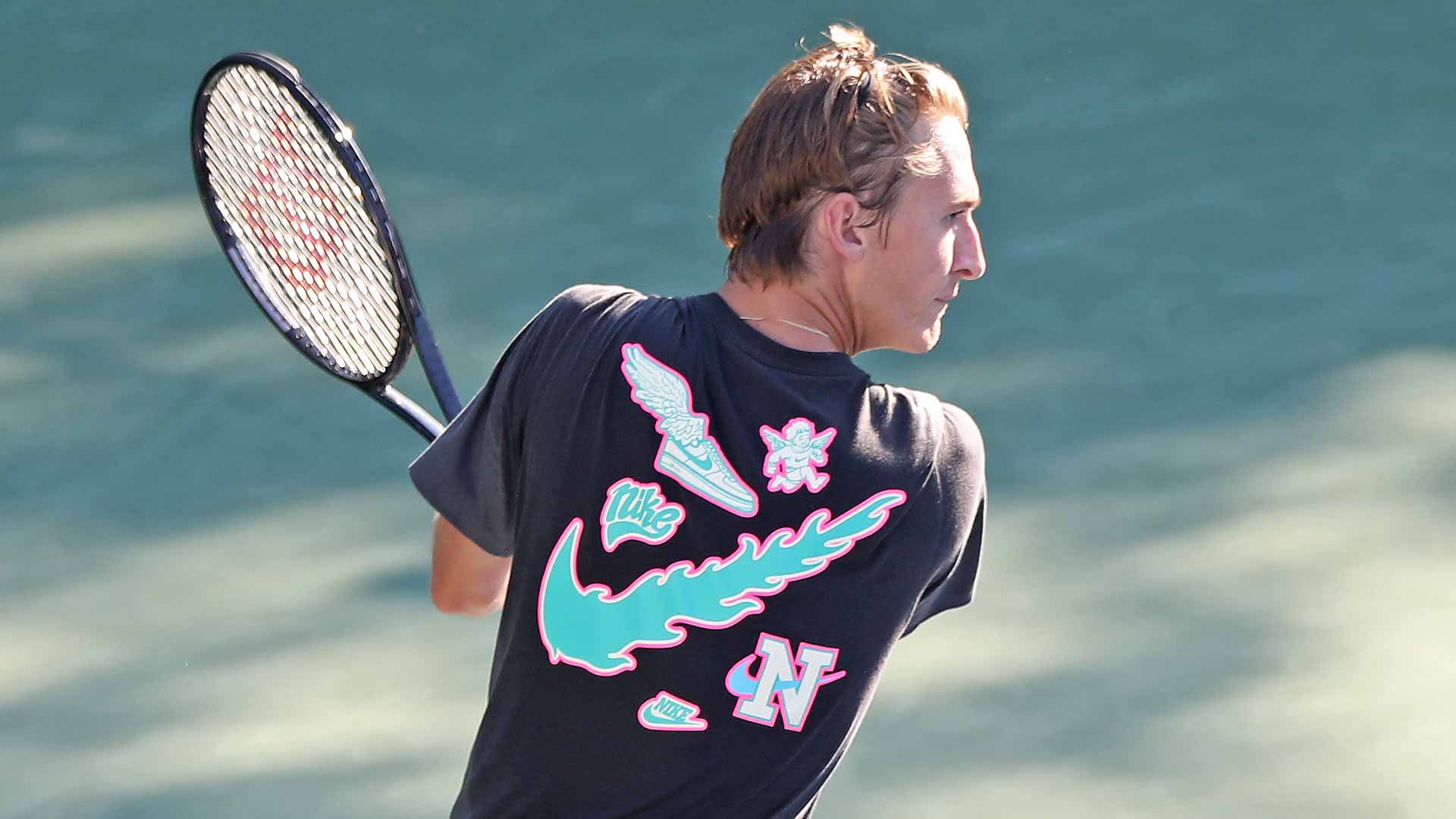Everyone gets nervous before a big match, even top-ranked players like Roger Federer, Novak Djokovic, and Serena Williams. Anxiety about performing well on the tennis court does not imply a lack of ability or talent. Although a small amount of anxiousness might help a person to play or perform better, if it starts to prohibit them from doing what they enjoy or has an impact on their profession, self-esteem, or confidence, they should look into techniques to manage these unpleasant feelings and minimize worry. When a player has performance anxiety, they are forced to concentrate on the failure, humiliation, and rejection that they are afraid of. They must overcome their anxiety to gain self-confidence. Mastering the mental aspects of the game can be as difficult as learning the physical and technical aspects.
Tips for Beating Performance Anxiety
Top players are often seen repeating the same habits or rituals with repetition. This is a well-known and trusted coping technique used for performance anxiety. This is useful to slow down and reset the mind. Some players choose to bounce the ball three times before each serve and service. Others walk to the far end of the court, fiddle with the strings, grab the towel, or retrieve the farthest ball on the court. These are all coping strategies that they have incorporated into their game.
Players are advised to remain in the moment, and not think about the last point, game or set. They must not be thinking too far ahead, or of things happening off the court. Adopting a positive mindset helps to avoid that self-critical voice in the head. Players are often seen using the downtime between end changes and sets to give themselves a talking to.
Breath control is also important for controlling anxiety. To make sure they exhale after each shot, some players emphasise the out-breath with a “grunt”. This also gives them confidence and a sense of being in control. Maria Sharapova is famed for her 100 decibel grunts, with Monica Seles following close behind. She and Jimmy Connors are said to be the first grunters.
Physical Effects of Performance Anxiety That Affects Players
Some of the common effects of performance anxiety include trouble breathing, increased muscle tension, increased fatigue, impaired decision making, reduced muscle coordination, reduced concentration, and reduced confidence.
Players like Novak Djokovic have spoken about their meticulous off-court preparation. This intensive training of the body and mind also has to include some downtime and many players are known to indulge in playing online casino games at Ruby Fortune. Djokovic reported turning to meditation back in 2017 to help him with his performance anxiety. He said, “I lose fear, I lose anxiety, I lose stress. I guess in the end of the day, that’s what you’re looking for.”
Even the Pros Are Vulnerable and Human
Emma Raducanu withdrew from Wimbledon this year after suffering from breathing difficulties relating to anxiety. Naomi Osaka pulled out of the French Open 2021 before the second round as she was suffering huge waves of anxiety. She then didn’t take part in Wimbledon. French Open Champion Iga Swiatek has a sports psychologist travel with her, and Barbora Krejcikova contacted her psychologist to help her get through a panic attack that kept her from leaving the locker room. Pat Cash, Dominic Thiem, Serena Williams and Yannick Noah have all spoken about their personal mental issues that have affected them in their tennis careers.
The goal is to control and manage these feelings of performance anxiety so that they can relax, calm the nerves, and reach their full potentials on the court and in life.





















